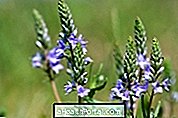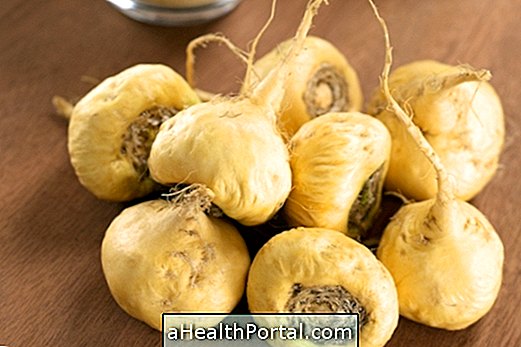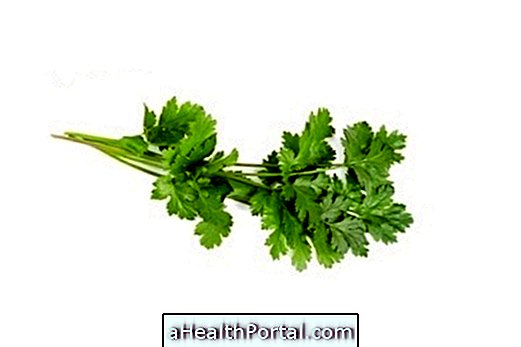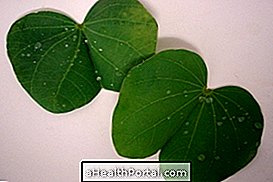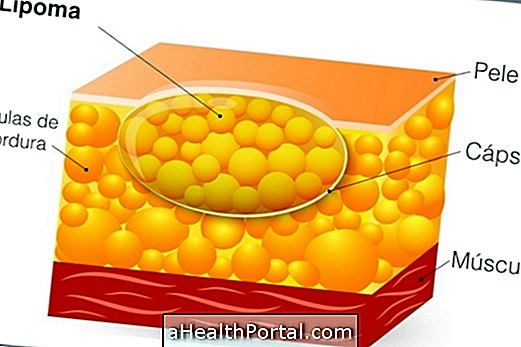Calamus is a medicinal plant, also known as calamo-aromatic or cane-scented, which is widely used for digestive problems such as indigestion, lack of appetite or belching. In addition, it can often be used as an aromatic plant.
Its scientific name is Acorus calamus L. and has thin and sharp leaves that can reach 1 meter, as well as a spike full of small flowers of greenish-yellow color. The calamus can be bought at natural products stores.
What is calamus for?
Calamus is used to treat kidney and stomach problems such as gastritis and lack of appetite, intestinal diseases such as enteritis and worms, as well as being a great complement to the treatment of anemia, anxiety, high blood pressure, bloating and eye problems.
Properties of calamus
The calamus possesses properties with astringent action, anticonvulsive, antidispéptica, anti-inflammatory, antimicrobial, soothing, digestive, diuretic, hypotensive, relaxing and tonic.
How to use calamus
The used parts of the calamus are the root and the leaves to make teas, tinctures, infusions and baths.
- Decal of calamus for skin problems: put 50 g of ground root to boil together with 500 ml of water for 10 minutes. Add the mixture to the bath water and soak for 20 minutes before bedtime.
Side effects of calamus
The side effects of calamus include toxicity to the nervous system when consumed in excess.
Contraindications of calamus
Calamus is contraindicated for pregnant women, lactating women and children under 2 years of age.
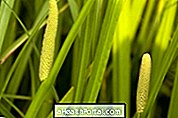


Useful links:
- Home Remedy for Indigestion

